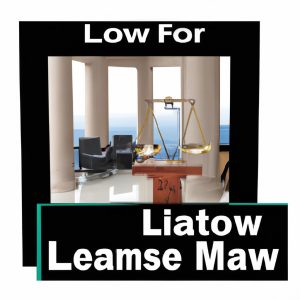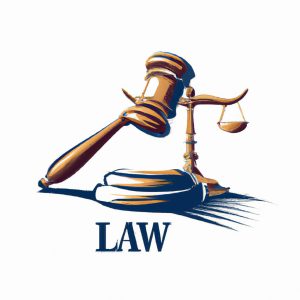Probate and Estate Administration
Welcome to Morgan Legal Group P.C., your trusted legal partner in New York City. In this comprehensive guide, we will provide you with in-depth insights into the probate and estate administration process in New York. Our experienced attorneys are here to help you navigate the complexities of probate, asset distribution, and estate settlement with confidence.
Understanding Probate and Estate Administration
Probate is the legal process through which a deceased person’s estate is settled and distributed to heirs and beneficiaries. Estate administration refers to the management and distribution of assets following a person’s passing.
In New York, the probate and estate administration process involves several key steps:
1. Filing the Petition
The process typically begins with the filing of a petition in the Surrogate’s Court in the county where the deceased person lived. The petition may be filed by the executor named in the decedent’s will or by an interested party.
2. Validating the Will
If the decedent left a valid will, the court will review and validate it. If there are no disputes or challenges, the court will grant letters testamentary to the executor, giving them the legal authority to administer the estate.
3. Inventory and Appraisal
The executor is responsible for compiling an inventory of the decedent’s assets and obtaining appraisals when necessary. This step helps determine the value of the estate for tax and distribution purposes.
4. Paying Debts and Taxes
The executor must identify and notify creditors, pay outstanding debts, and file any necessary tax returns. This includes federal and state estate taxes, as well as income taxes for the decedent.
5. Asset Distribution
Once debts and taxes are settled, the remaining assets can be distributed to heirs and beneficiaries as outlined in the will. If there is no will, state laws will determine the distribution.
6. Final Accounting
The executor is required to prepare a final accounting of the estate’s financial transactions and provide it to the court and beneficiaries for approval.
7. Closing the Estate
After the court approves the final accounting and all matters are resolved, the court will issue an order closing the estate. The executor’s responsibilities are complete, and the estate is officially settled.
Challenges and Complexities
Probate and estate administration can be complex, especially when dealing with large estates, contested wills, or disputes among beneficiaries. It’s essential to work with experienced attorneys who can guide you through potential challenges and ensure compliance with legal requirements.
How Morgan Legal Group P.C. Can Help
At Morgan Legal Group P.C., our skilled attorneys specialize in probate and estate administration matters in New York. We offer a range of services, including:
- Providing legal guidance to executors and administrators
- Assisting with the valuation and distribution of assets
- Resolving disputes among beneficiaries
- Preparing and filing necessary court documents
- Addressing tax and financial matters
We understand that navigating the probate process can be overwhelming, and we are committed to providing you with expert advice and personalized solutions tailored to your needs.
Contact Us for Expert Probate and Estate Administration Assistance
If you’re facing the probate and estate administration process in New York, turn to the experienced attorneys at Morgan Legal Group P.C. We are here to guide you through every step of the way, ensuring that your loved one’s estate is managed and distributed in accordance with their wishes and the law. Contact us today to schedule a consultation.












